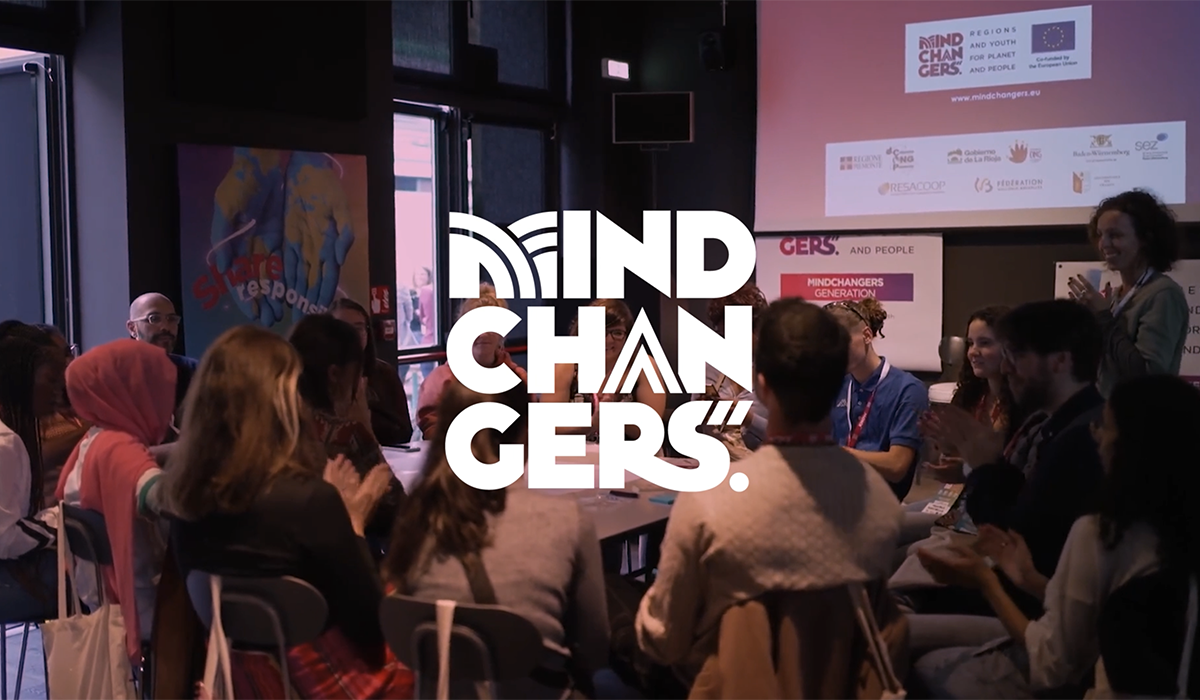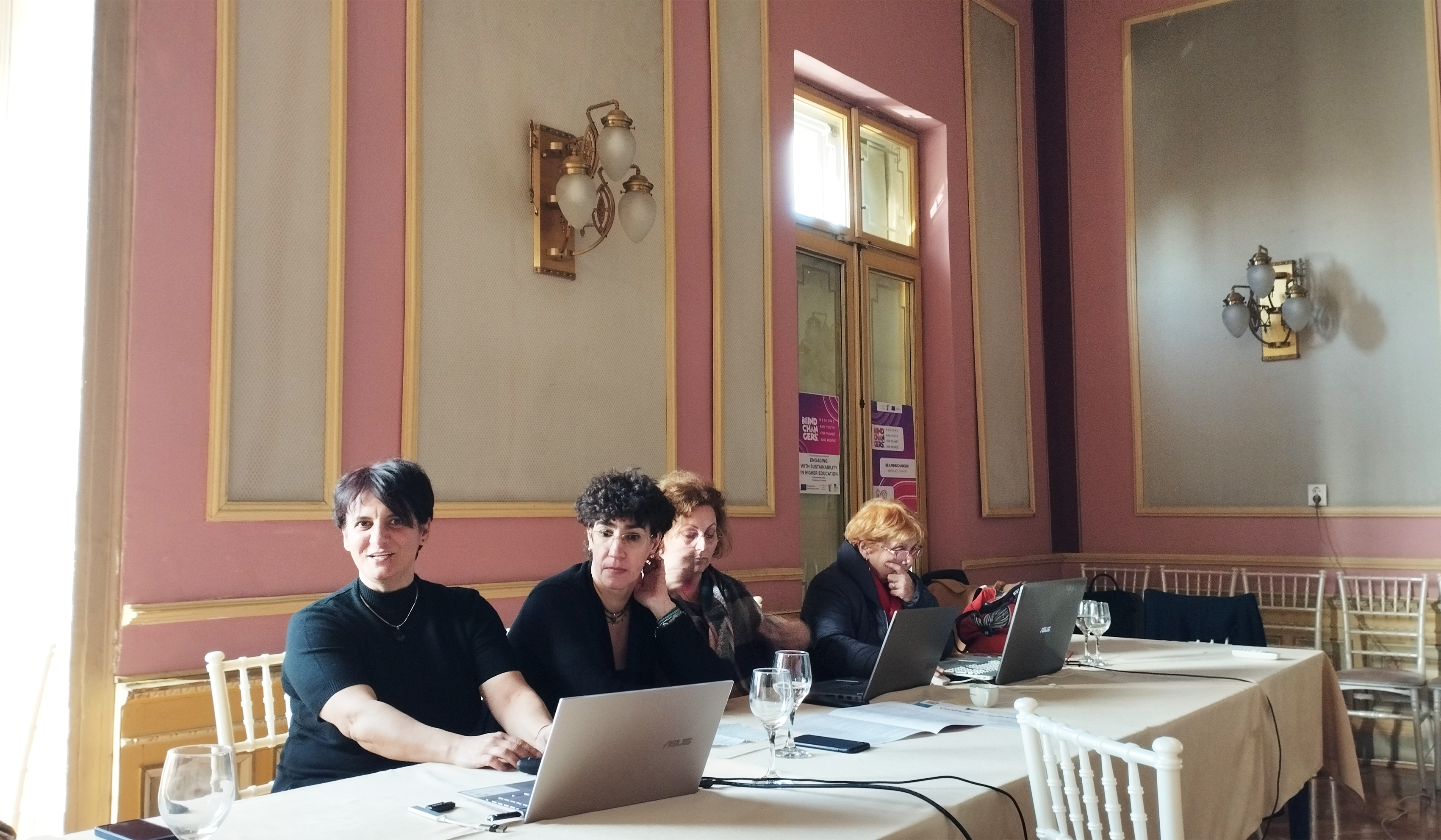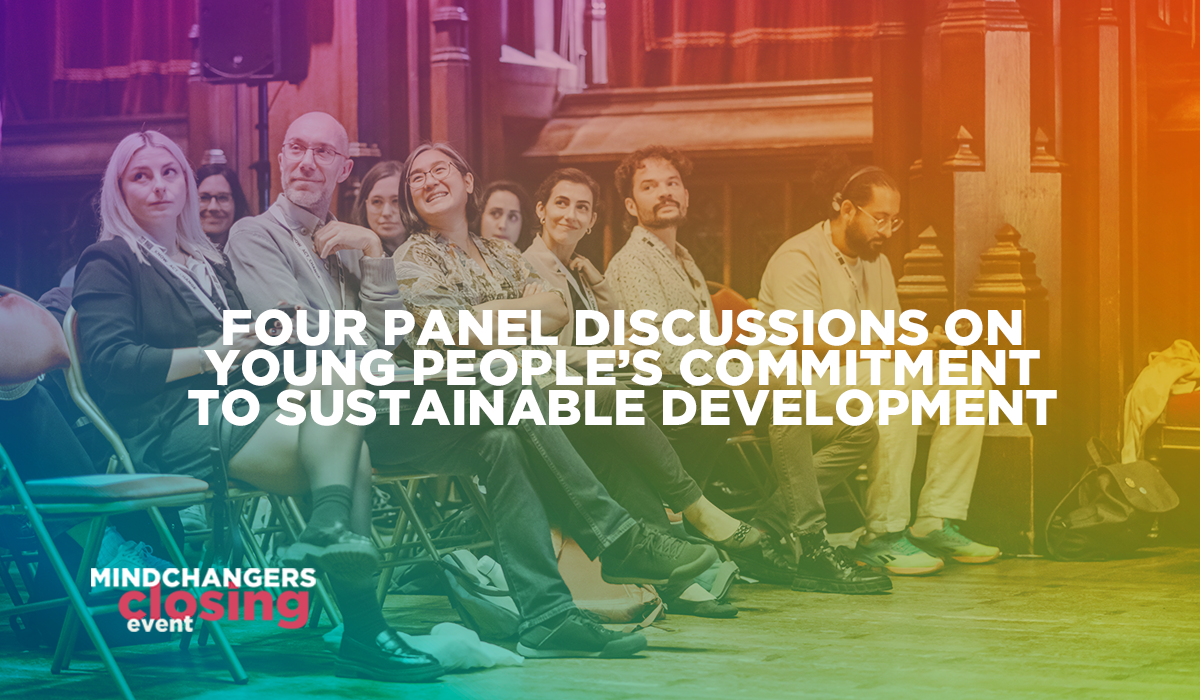One of the youth groups participating to the project Le Climat change, et toi?, named “The Christmas tree”, wanted to draw attention to a local problem with serious social, environmental and climatic consequences – the monoculture of Christmas trees in the province of Luxembourg (Belgium).
They organised an awareness-raising event on 12 November at the youth centre in Florenville (Maison des Jeunes de Chiny et Florenville), which was intended to be both friendly and political, in order to both raise awareness and to offer concrete alternatives that are within everyone’s reach.
Let’s have a look at some of the activities they organised.
- Family workshops for parents children during which they could contribute to the building of a Christmas tree using the Land Art technique as well as create Christmas ornaments with recycled fabrics and lino engraving on postcards;
- A public debate with all the project’s stakeholders (partners and young people) in the presence of an activist from Terre en vue from the commune of Libin (a commune highly impacted by this monoculture) as well as Philippe Belche, from the Habaru farm (commune of Léglise) whose professional situation is directly linked to the spreading of the Christmas tree farms.
- Communication activities to invite the public to the project’s last event planned on 2nd December – an event organised in collaboration with Natagora, to plant of biodiverse hedges in nature reserves of high biological interest.
In light of what the project partners have learned throughout the implementation of their activities, there is the wish to speak up against the economic logic of intensive land use for Christmas tree cultivation that takes precedence over environmental common sense.
Christmas trees are not edible and therefore have no place in agricultural land.
The monoculture of fir trees is far too greedy in terms of phytosanitary products – it is worth the cost simply to showcase a piece of “beautiful” nature in our living rooms for a few weeks?
The business model related to this single-crop production should not affect the settlement of farmers who are dedicated to a food-based agriculture.






